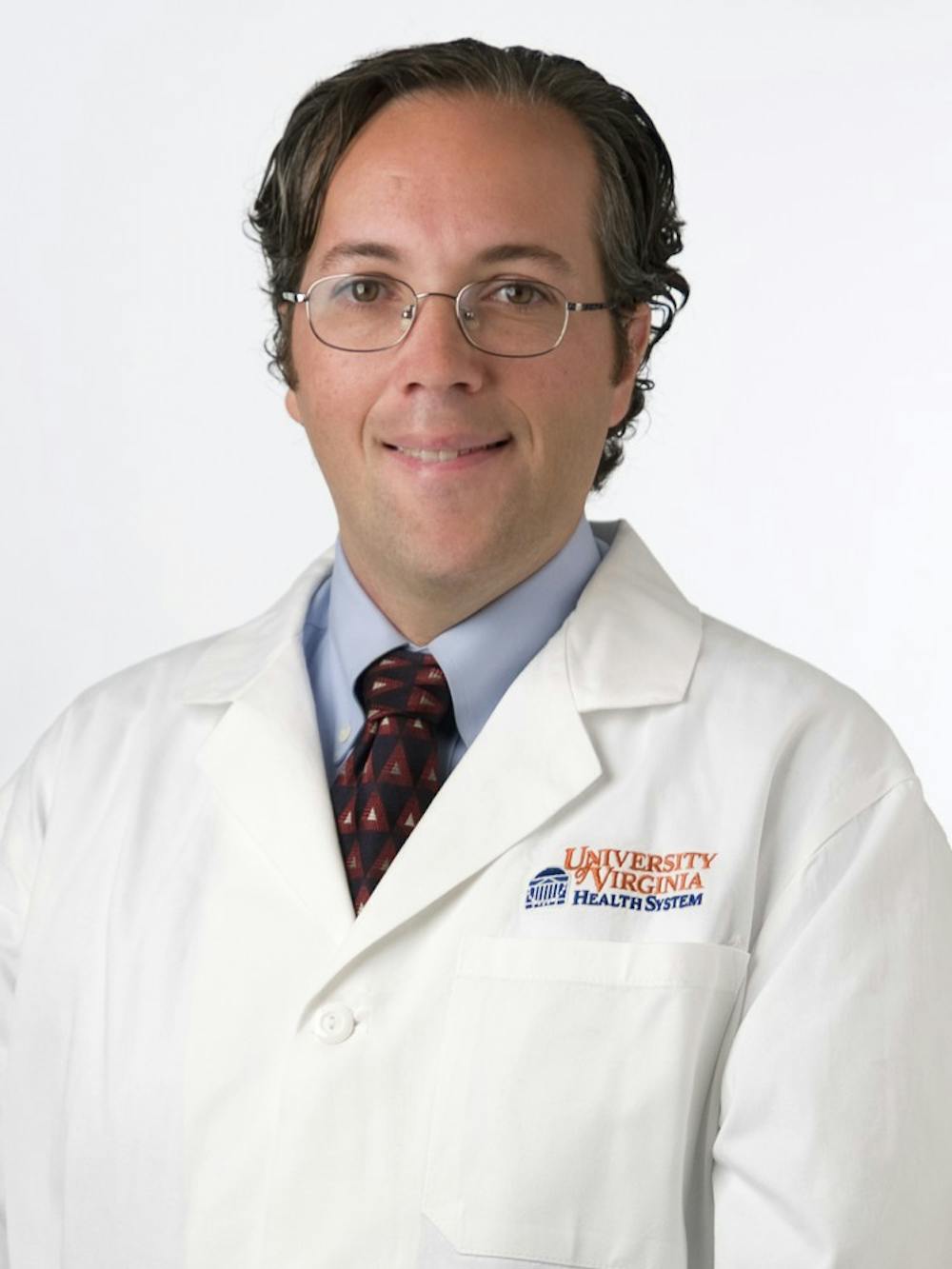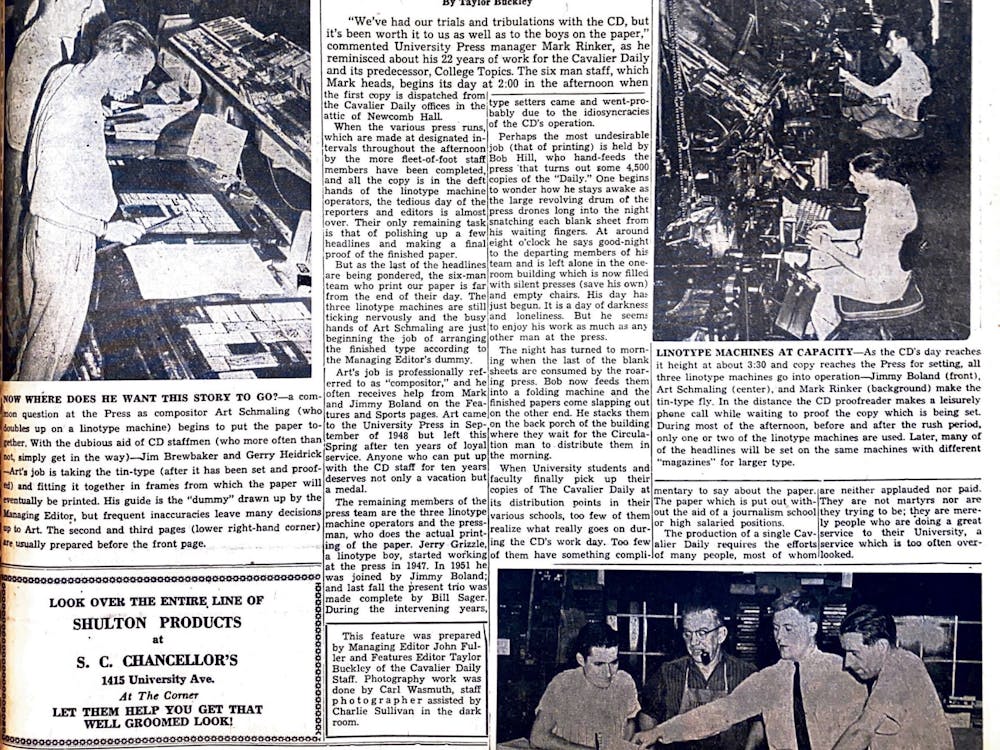New advancements in technological research at the University Health System could help diagnose soldiers suffering from traumatic brain injuries which often result from a concussive force or blow to the head. The advancements include a hand-held ultrasound machine that would allow soldiers to assess brain injuries from the battlefield.
Dr. James Stone, assistant professor of radiology and medical imaging at the University Medical Center and one of the lead researchers of the project, said the team is conducting the research on two levels. The two-pronged approach involves developing technology for use by combat medics and for general use within the hospital setting.
The first method of research aims to create technology that enables a combat medic or emergency medical technician on a battlefield to use a hand-held ultrasound machine to measure the stiffness of brain tissue. Research is now underway to determine how closely linked tissue stiffness is to traumatic brain injuries, according to a Monday press release.
The second technique would provide a more detailed look at the brain that more precisely identifies whether TBI is present and assesses the nature of the brain injury, Stone said in the release.\nStone and his team received a grant of $6 million from the Department of Defense to help develop their research. Although both methods of researching this issue are being funded by the military, Stone said in an email that the "successful completion of these studies will have applicability to both the military and civilian medical community."
TBI occurs when a traumatic event causes some loss of the brain's ability to function, Stone said the release. Relatively mild cases of TBI may cause short-term memory loss or mood swings, and severe cases may cause victims to be incapable of thinking through relatively simply problems or leave them in a coma. An Iraq War study found that TBI carries a 30 to 50 percent mortality rate.\nCarol Ragland, leader of the Charlottesville Brain Injury Support Group, said TBI is often difficult to detect and diagnostic research could provide numerous benefits.
"The sooner a brain injury is treated, the better," Ragland said in an email.
Stone also noted that the research eventually may lead to the development of equipment to protect soldiers from this type of injury. "Helmets are designed to protect against rounds, but not against blasts," Stone said in the release.
Capt. Tim Morris, senior military science instructor for the University ROTC program, said he is grateful the medical center is researching this ailment that was significantly less common prior to the conflict in Afghanistan and Iraq.
"The enemy's use of [improvised explosive devices] has led to an increase in TBIs, and any research that [the University Health System] does in the diagnosis or treatment greatly advances soldiers' recovery from battlefield injuries," Morris said.





